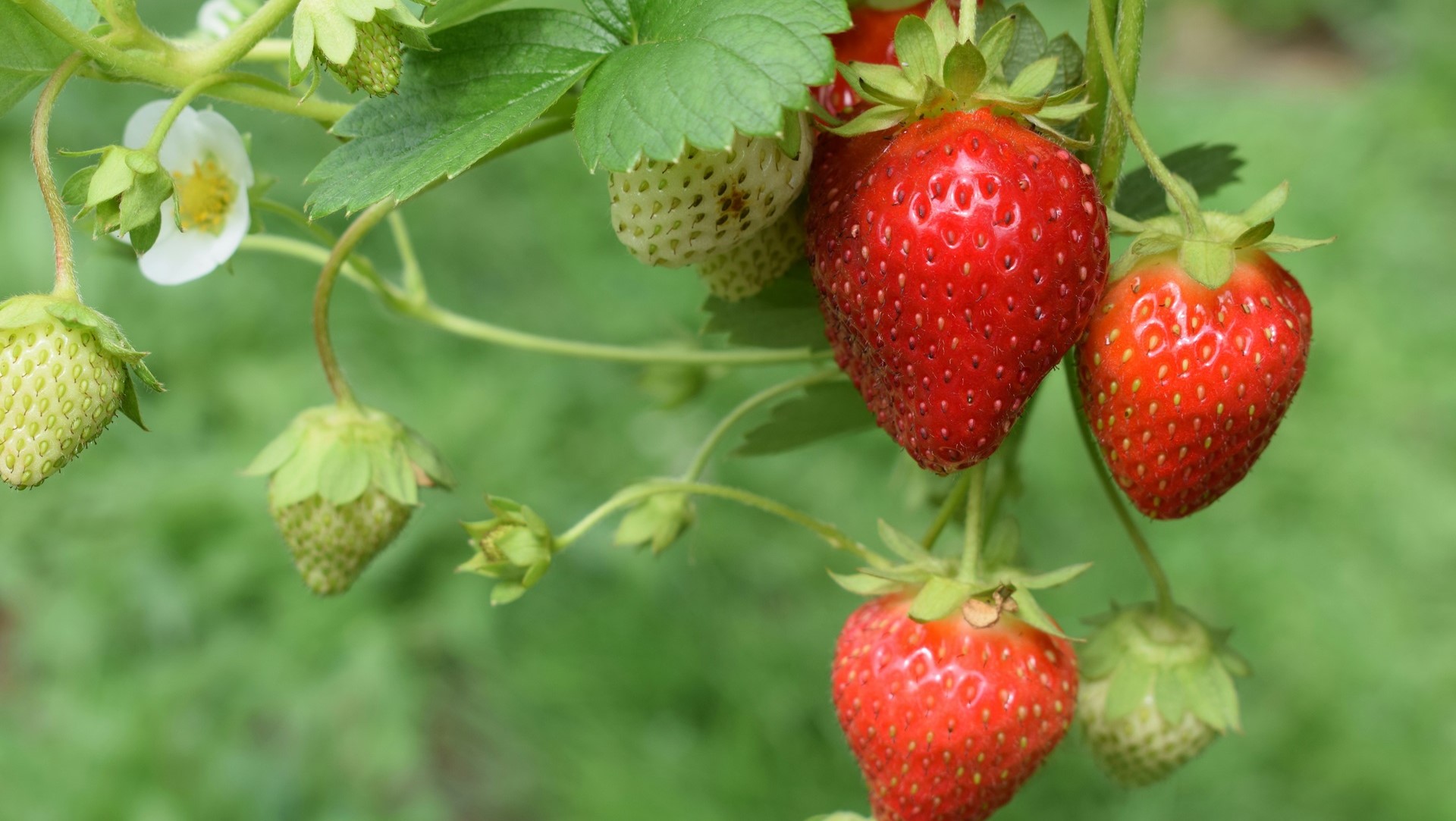Living in a multicultural city and serving in a multicultural church has given me a wide view of some of the ways different generations of a family can relate to one another. As a young generation begins to pair up and to marry, forming new families, they need to learn to relate to the generation or generations that came before. This can take many different forms and I’ve long observed that the most significant determining factor is usually culture. We tend to conform to cultural expectations.
The God who created family is clear that marriage creates a new family unit, but also clear that biology matters and that the forming of a new unit does not entirely rupture the old one. God says “a man shall leave his father and his mother and hold fast to his wife,” but there are many different perspectives on what it looks like to leave parents and what it looks like to cleave to a spouse. Some cultures treat marriage as if it marks a total break with birth families, while others act as if marriage really makes no substantial difference at all. When cultures mix, we begin to see that much of what we’ve always regarded as normal may not be, that what we’ve always seen as good may actually be bad.
As I was pondering this and attempting to better understand God’s view of the matter, I looked outside to our little garden which Aileen tends so carefully and cultivates so well. I looked at the hostas with their many shapes of leaves in varied shades of green. I looked at the ferns towering above them, still lush and healthy before they inevitably fade under the coming heat of the summer sun. I looked at the bright red and yellow begonias, brilliant splashes of color contrasting beautifully with the dark soil beneath. Then my eyes fixed on the irises which opened for the first time today to display their magnificent purple flowers. And I thought, “I someday want my children to leave and cleave like a strawberry.” I’d better explain.
My generation of long-time Canadians, those of us who were raised by a fully Westernized baby boom generation, have largely inherited a view of forming new families that is kind of like a wildflower. Many wildflowers produce seeds that are blown by the wind, land somewhere near or far, put down roots, and grow up into a new plant that’s entirely independent of the old one. The boomer generation was fiercely independent and held to the “Freedom 55” mindset of getting work and child-raising out of the way early, before enjoying a long and leisurely retirement. Their children were raised to become independent early and to expect (and offer) little support later in life.
Many of the newer Canadians, those arriving from non-Western countries over the past couple of decades, see forming a new family as being kind of like irises. Irises propagate by division, so the parent plant divides and forms new rhizomes that are attached to the old. Since they are attached at the root, the new flowers and the old flowers grow up side-by-side. In fact, a gardener must eventually split the rhizomes and spread them out to keep the plants healthy.
There are positives and negatives to both wildflower and iris families. Wildflower families appropriately emphasize the independence of a new husband and wife, but tend to make the break between generations too abrupt and too significant. They leave father and mother but fail to honor father and mother. Iris families emphasize relational closeness and mutually-supporting generations, but may also be suffocating and not allow new families an appropriate level of independence. They honor father and mother but fail to honor husband and wife. Wildflowers seem prone to over-emphasize the new relationship while placing too little emphasis on the old; iris families seem prone to over-emphasize the old family while placing too little emphasis on the new.
And this is where strawberries come in. Strawberries spread by putting down runners. They send out a shoot that extends for a little distance, then puts down roots, and grows up into its own plant. It remains connected to the parent, but is still its own plant and can still produce its own fruit.
And as I think of the families I’ve known where the generations function best, they function more like strawberries than irises or wildflowers. This is true whether they share a household or live in different countries, whether they are entirely financially independent or support one another. The issue is one of expectations and obligations, of parents setting their children free and children reciprocating their great debt of care. They appropriately emphasize the discontinuity between the old family and the new, but appropriately emphasize the obligation each generation owes the other. They are independent, but not too distant. They are connected, but not suffocating. They’ve got room to grow but also room to spread their leaves.










